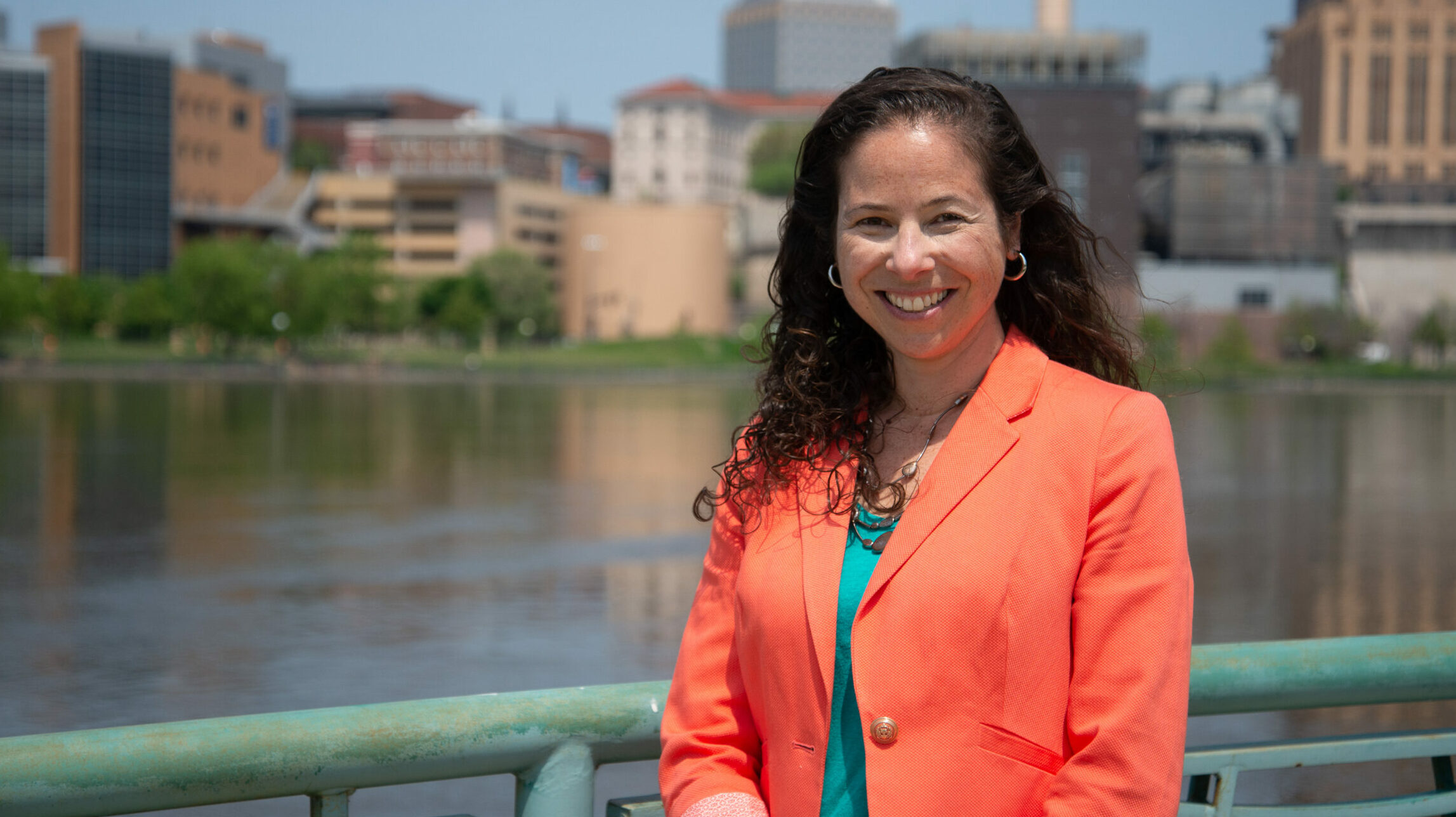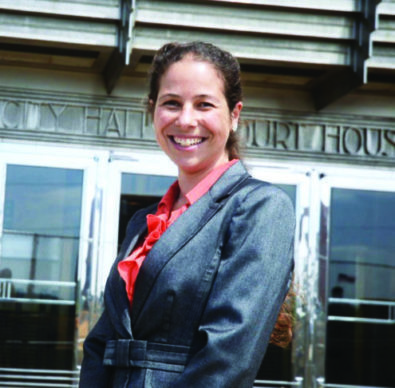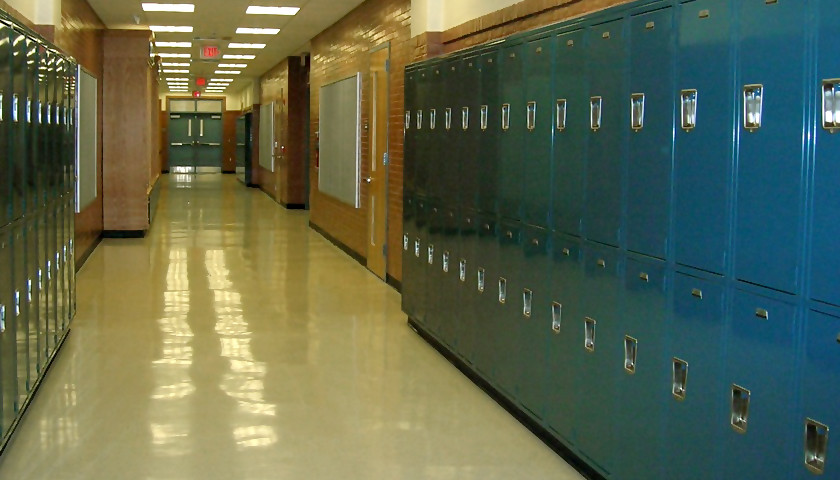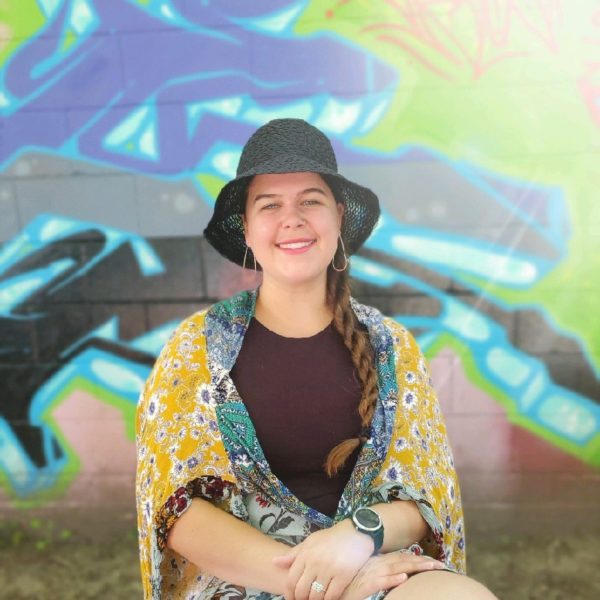Meet the candidate: Rebecca Noecker
Ward 2 candidate
What are your three biggest priorities if you are elected? Please try to keep your explanation of each priority to one sentence.
- Make it easier for working families to live in St. Paul by expanding access to quality child care, affordable housing and jobs
- Invest in our infrastructure, especially where deferred maintenance has taken a toll – roads, bridges, bike lanes and city buildings and parks
- Expand our tax base and find reliable new revenue models to stabilize our city budget so we can preserve our high-quality city services and add new programs without unsustainable tax increases year over year
St. Paul has a ballot measure this year to increase sales tax in the city by 1%, with the funding going directly to improving roads and parks in the city. What is your stance on this measure to increase sales tax? What are your thoughts on the City’s current plan for how the increased funding would be spent if passed?
I support the sales tax increase. Saint Paul roads are in serious need of repair after decades of deferred maintenance, and an added sales tax is our best tool for fixing them long term. A sales tax also allows those who use St. Paul roads but don’t live in St. Paul to help cover the cost of street maintenance and reduce our need for further property tax increases. I think the streets and bridges prioritized in the plan are the right ones.
The West End of St. Paul, and especially West 7th, have long been considered prime redevelopment areas in the city, especially with the long planned Riverview Transit Corridor. What are your priorities related to housing and redevelopment? What is your current stance on West 7th as a major transit corridor? How do you balance those priorities with supporting small businesses in the area?
Housing affordability and availability is a serious problem in Saint Paul and in cities nationwide. As a city, one of our highest priorities needs to be improving access to affordable housing for working families. We can do this in a number of ways, starting by increasing funding for the Affordable Housing Trust Fund and by making housing funding available for the full spectrum of housing types in the city – from emergency shelters for the homeless to supportive housing to subsidized rental to ownership. We are also currently working on a large-scale change to our zoning regulations in Saint Paul through the 1-4-unit housing study. These changes would allow for construction of a diverse range of housing options including duplexes and triplexes in more parts of the city. These are just a few of the options we are exploring to increase the housing supply in Saint Paul.
I believe the W. 7th Corridor needs improved transit to accommodate new residents and to support local businesses. We have seen that when transit lines get built, residential development follows, which in turn means more support for local businesses. I voted in favor of modern streetcar as the preferred local alternative for the Riverview Corridor, but I also authored a resolution requiring that we evaluate other options (including bus rapid transit) if a streetcar became unfeasible. I remain open to whichever option can be implemented most efficiently. Whatever mode is chosen, we need to make sure construction is planned well in advance so businesses along the corridor have time to prepare and we need to sequence the construction so it goes as quickly and with as little impact on adjacent properties as possible. We also need to work far in advance of construction to help interested businesses buy their buildings so they benefit from the increase in value that will accrue to neighboring properties from improved transit.
The Minnesota Bureau of Criminal Apprehension has reported that St. Paul is experiencing vast reductions in violent and property crimes this year, putting crime rates on pace to be below 2019 levels. At the same time, St. Paul is seeing historic highs in unhoused populations in the city and annual increases in emergency response calls, including a 5% increase in 2022 alone, taxing already overburdened systems. What is your approach to addressing public safety in the city to address these and many other issues?
While it is good news that violent and property crime have decreased over the last year, we still have much work to do to ensure Saint Paul feels safe. Public safety requires a holistic approach that doesn’t only include law enforcement. Public safety means stable housing, quality childcare, great schools and active commercial corridors. Public safety means sending the right individual to each call depending on the need, which is why we established our COAST (Community Outreach and Stabilization Unit) within the police department to respond to mental health-related calls. Public safety means a fully staffed police department, which is why I’ve supported funding for an additional police academy each year. Public safety means using proven methods like Group Violence Intervention (GVI) and gun regulations, like the safe storage ordinance I authored to prevent gun thefts from cars and to keep guns out of children’s hands.
Much like violence in our city, homelessness is a complex problem and solving it will require cooperation between governments at many levels, social service providers, the business and philanthropic communities, transit providers and more. During my last term, I voted to allocate $37 million of American Rescue Plan funds for deeply affordable housing, helped make it possible to open a new community of tiny homes for formerly unsheltered individuals, and led the work to open the Winter Safe Space (now the Seasonal Safe Space) to provide more shelter beds. We need to continue to invest in affordable housing and shelter capacity and to prevail on our state and county partners to cover their fair share of the costs. I also strongly support our Homeless Assistance Response Team (HART) which reaches homeless individuals where they are sheltering outside and helps them connect with housing and services.




